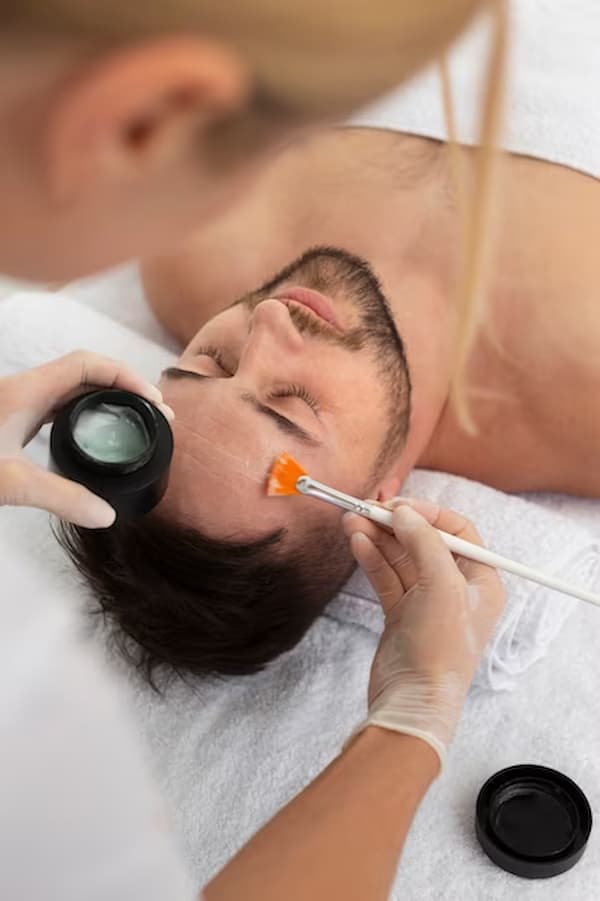- 10400 CONNECTICUT AVE STE 206 KENSINGTON MD 20895-3941
- 301-260-2601
Supportive Oligonucleotide Therapies for Infections and Cancer
RGCC Tests and Therapies is an innovative approach used to treat infections and cancer. What sets SOT apart is its personalized nature, as the treatments are created from the patient’s own blood, ensuring tailored therapy for each individual. By selectively silencing critical genes in infectious agents or cancer cells, SOT effectively eliminates them.
The pioneering work on enhancing SOT has been carried out by the Research Genetic Cancer Center (RGCC), a prominent medical genetics company in Greece. With nearly a decade of research, SOT, also known as Antisense Oligodeoxynucleotide Therapy (AOT), builds upon years of scientific investigation conducted by esteemed European and American companies and universities.
At the core of SOT is the blocking of a critical gene’s function. Nucleotides, the building blocks of DNA and RNA, come together in “oligonucleotides,” comprising sequences rarely exceeding 20 bases. The term “antisense” refers to SOT’s design, which allows it to bind to complementary RNA bases in the targeted cells.

RGCC Tests and Therapies identifying the replication genes responsible for cell replication, developing an anti-copy (antisense strand) to these genes. This complementary copy halts the replication process.
Employing miRNA (micro RNAs), RGCC Tests and Therapies influences specific gene expressions without altering the genetic structure. The anti-copy is then encapsulated with synthetic messenger RNA (mRNA), enabling it to penetrate the target cells effectively. Through replication, approximately 500 million to 1 billion copies of SOT molecules are produced. Afterward, the SOT is shipped to Dr. Bloem’s office for administration, and it continues to work for around six months following intravenous infusion.
We recommend regular follow-up testing to monitor the resolution of infections and to assess the decrease in cancer stem cells (CSCs) in cancer patients.
It’s crucial to emphasize that each infection requires a unique SOT, and patients with multiple infections may need more than one treatment. Usually, only one SOT treatment is necessary per infection, though in some cases, a second treatment may be required approximately six months later.
SOT is available for Lyme disease and co-infections (Borrelia, Babesia, and Bartonella):
Viruses:


SOT functions by terminating the gene replication sequences of infections, thereby halting their lifecycle and eliminating them from the body. In cases where a patient has multiple active infections, each infection will require separate SOT treatments.
It’s important to note that SOT is not an immune treatment, as it does not modify the immune system. Thanks to its high compatibility with the patient, side effects are typically minimal. Potential side effects may include headaches, body aches, general malaise, sweating, diarrhea, cough, and low-grade fever (usually ≤101°F), as well as mild to moderate flu like symptoms. These symptoms typically resolve within 24-48 hours, with some cases taking up to a week at most.
For cancer treatment with SOT, the therapy induces rapid apoptosis in circulating tumor cells (CTCs), circulating cancer stem cells (CSCs), primary tumor cells, and metastatic tumors. Moreover, it has the ability to penetrate the blood-brain barrier, interfering with the replication ability of these cells. Before administering SOT, we recommend a PET/CT, CT, or MRI scan to assess the extent of cancer, especially for metastasis. This information allows for personalized dosing and timing of the SOT, reducing the risk of adverse reactions. It’s important to be cautious in cases of cancer with metastasis, as it could lead to Tumor Lysis Syndrome (TLS), a potentially life-threatening condition.
We have been offering SOT to our patients since 2020. Because we have seen good results, it has become an important part of Dr. Bloem’s integrative treatment protocols for patients with chronic infections and for patients with a cancer diagnosis.